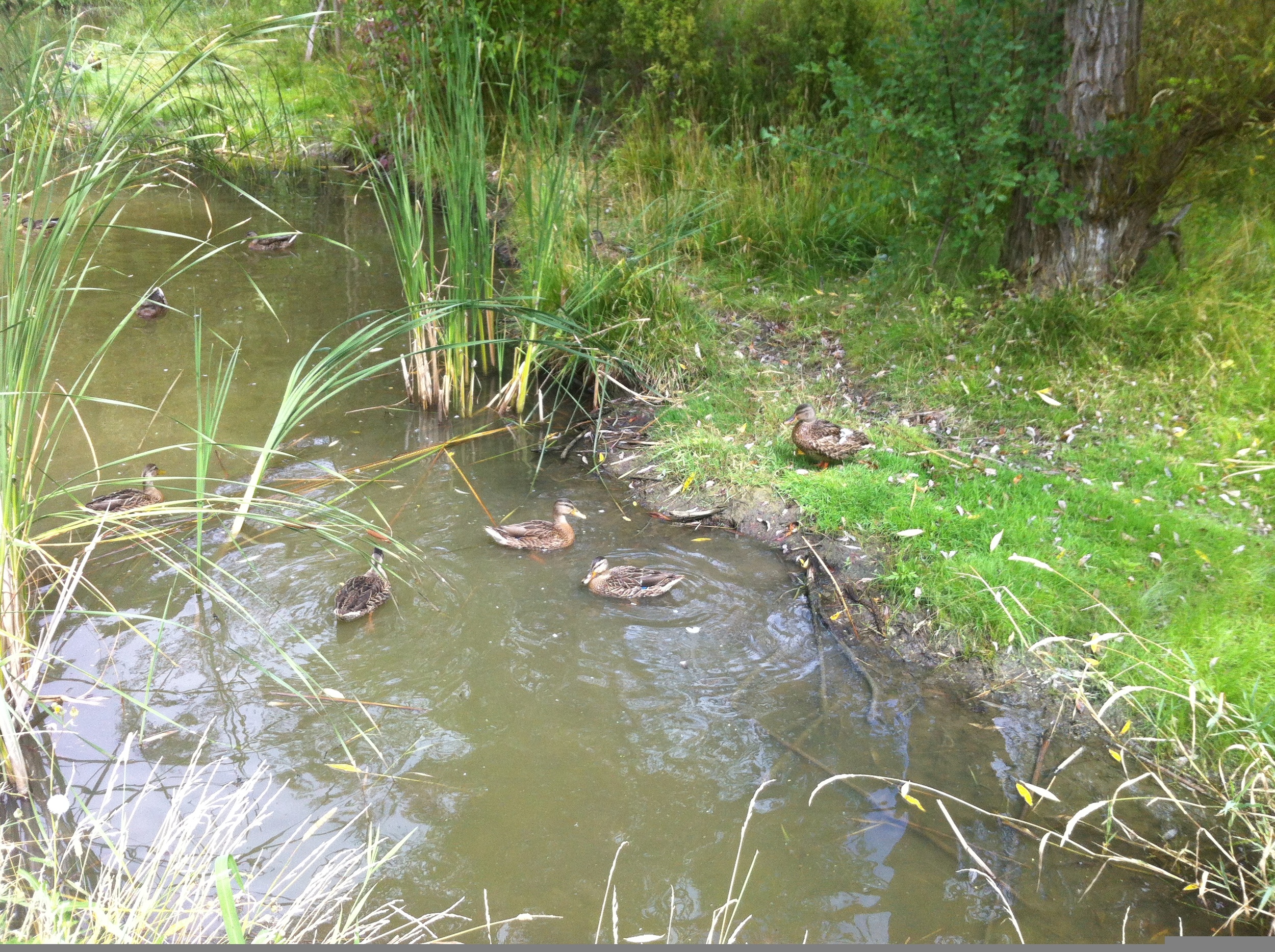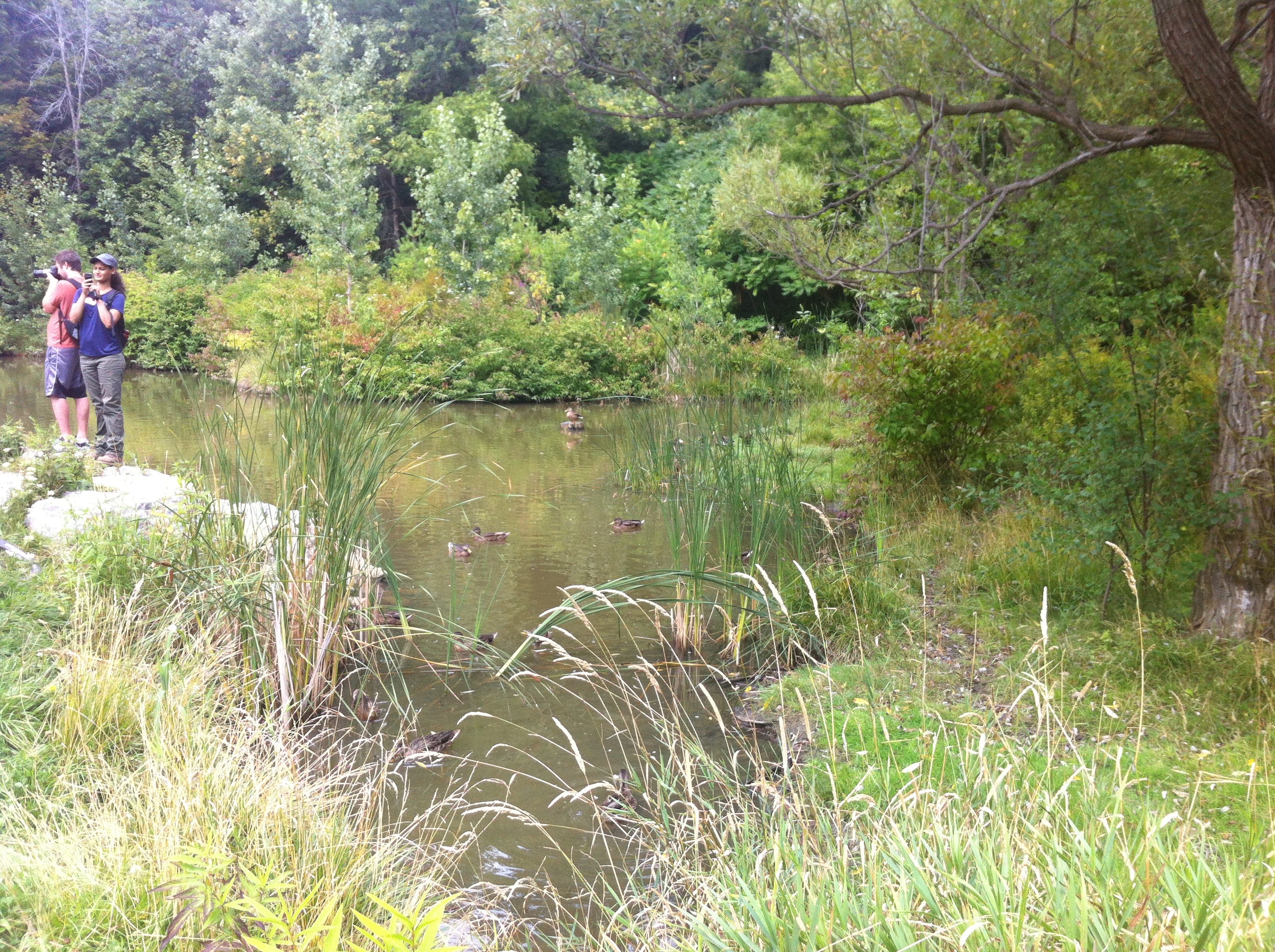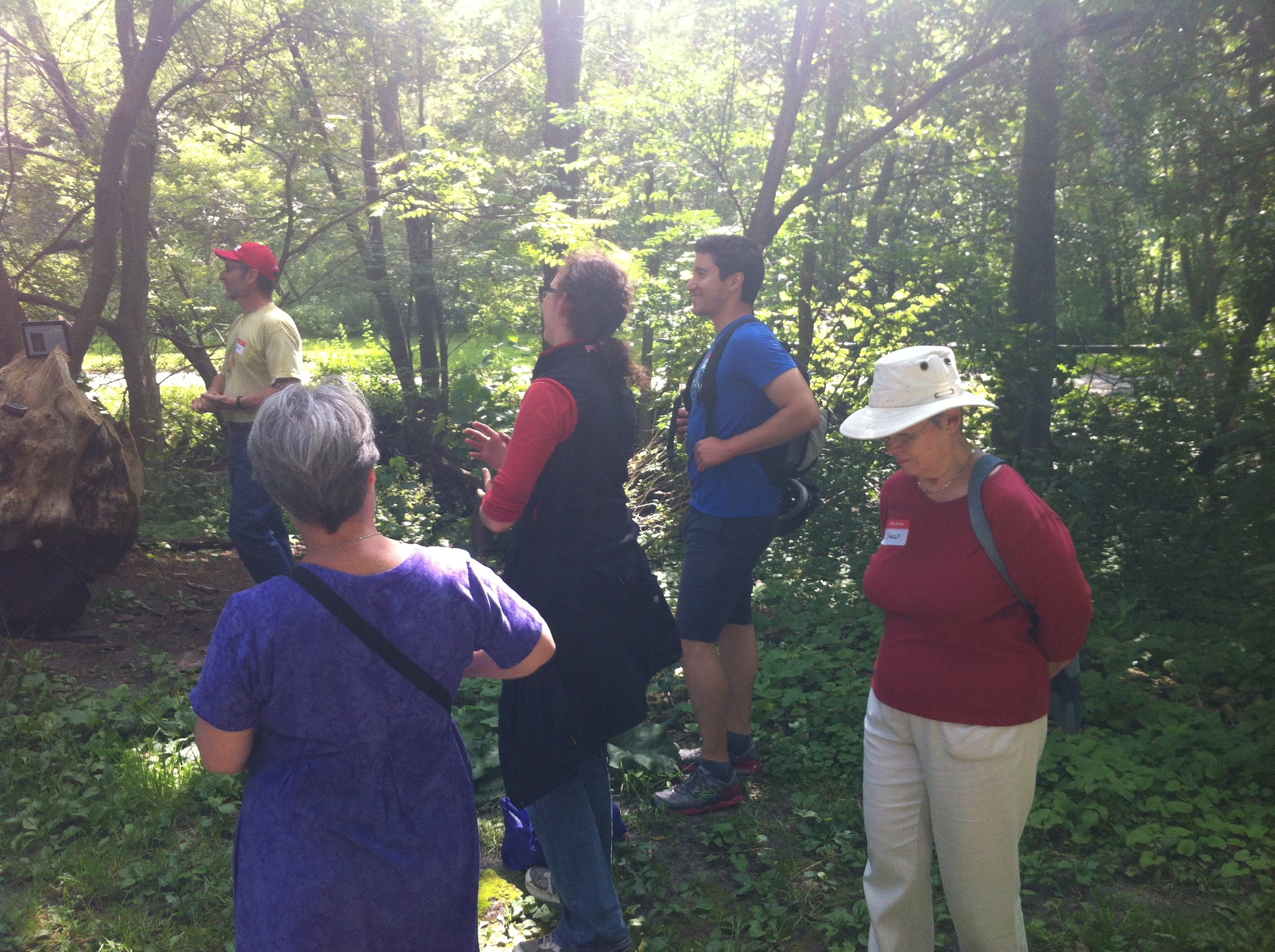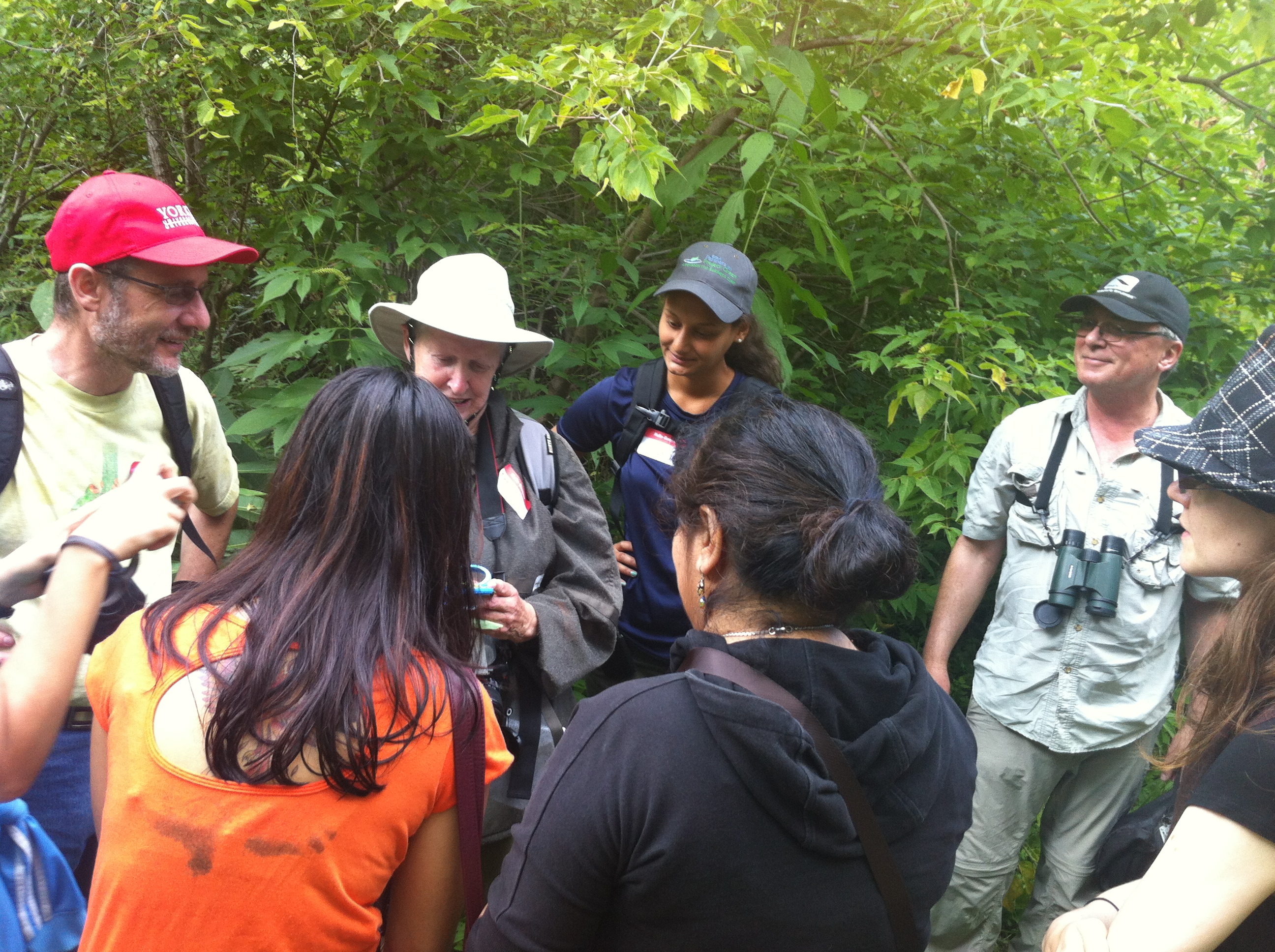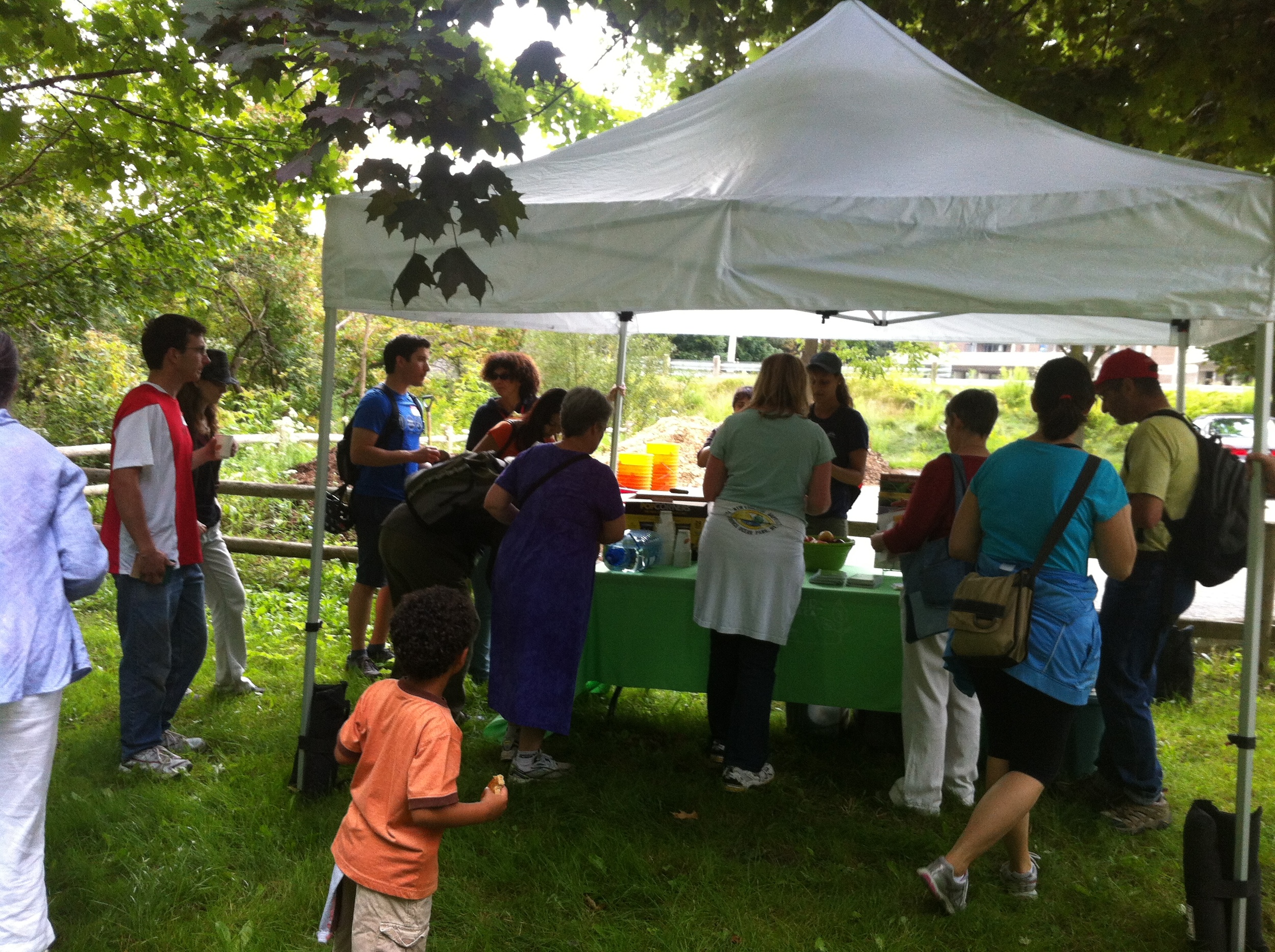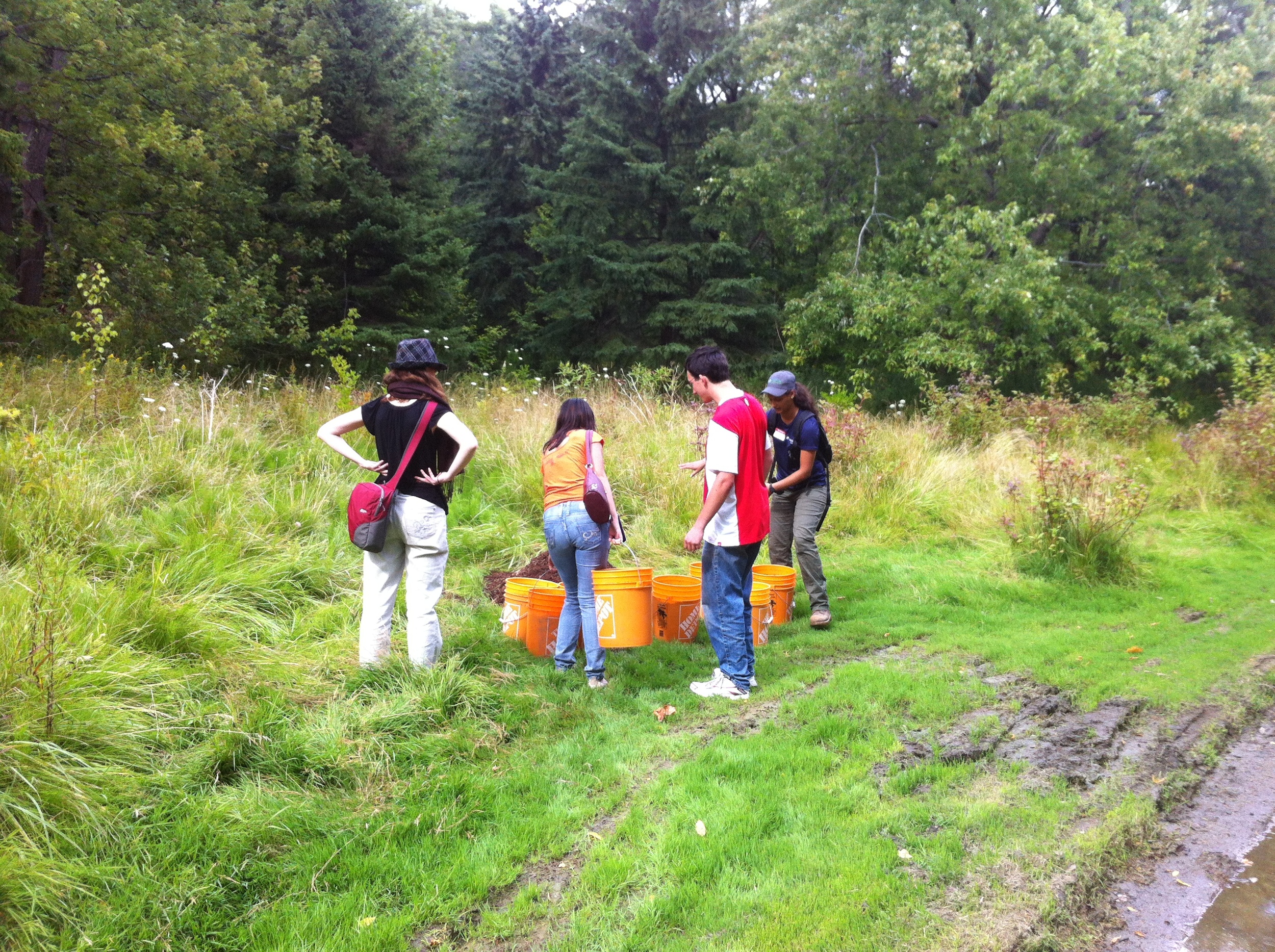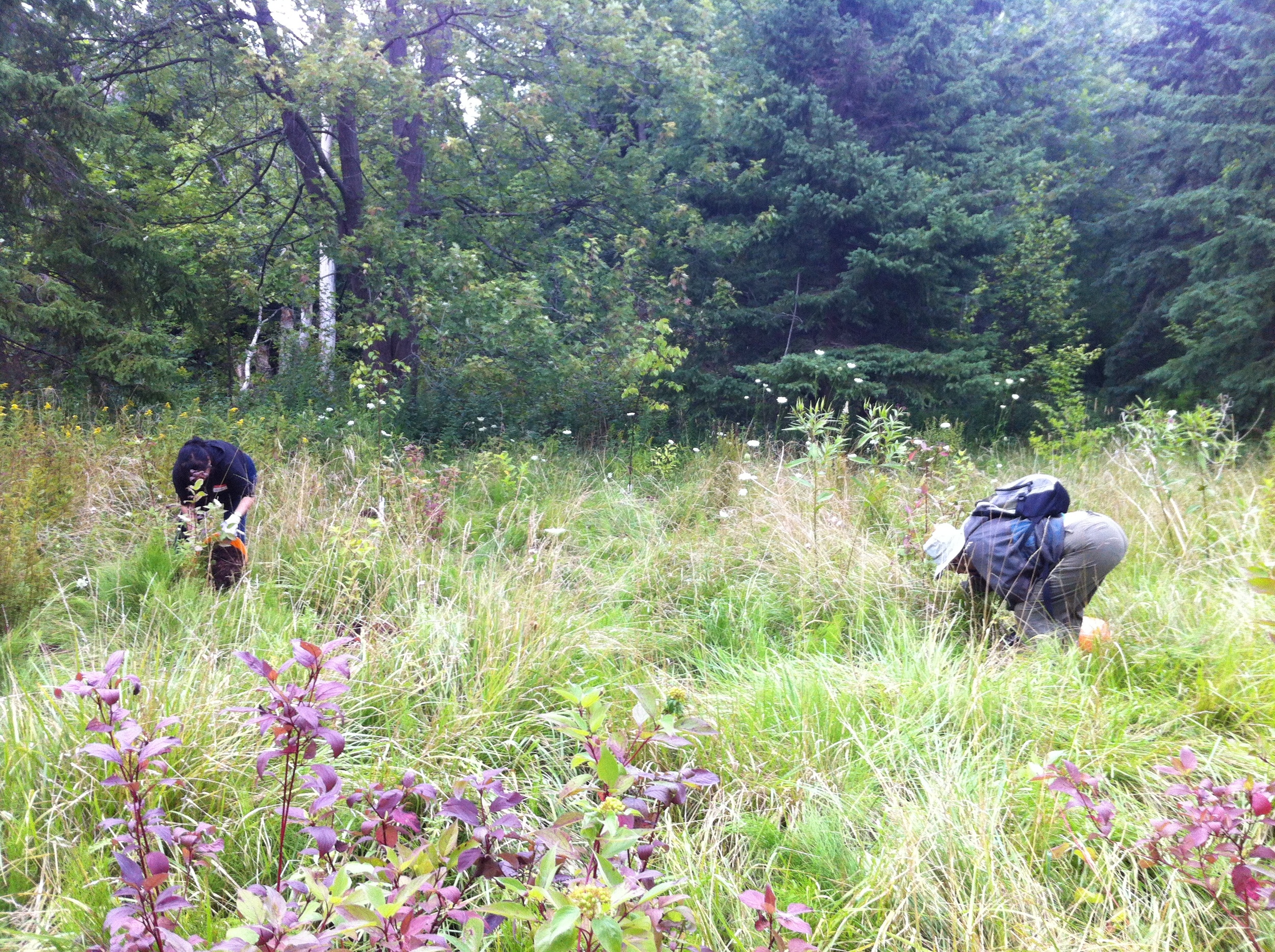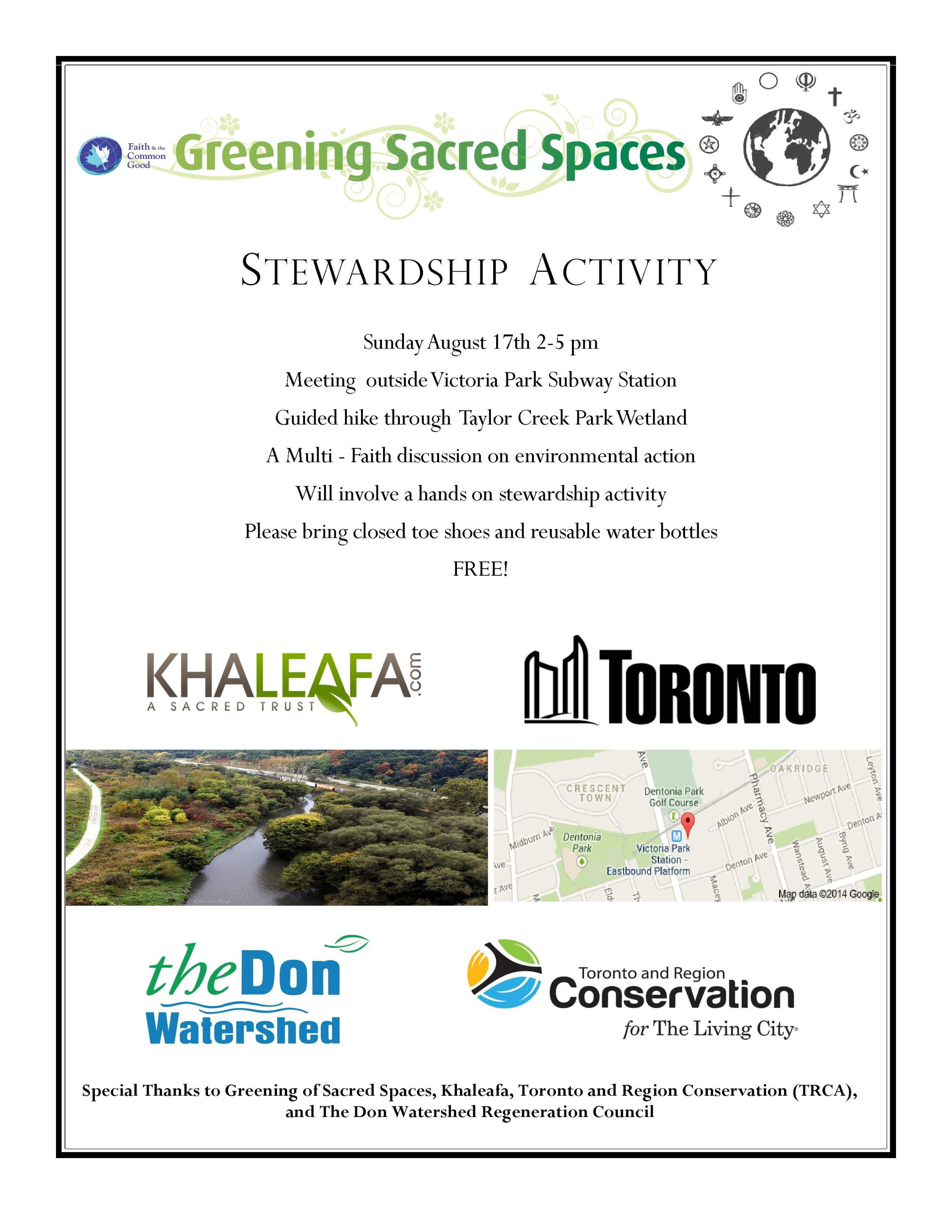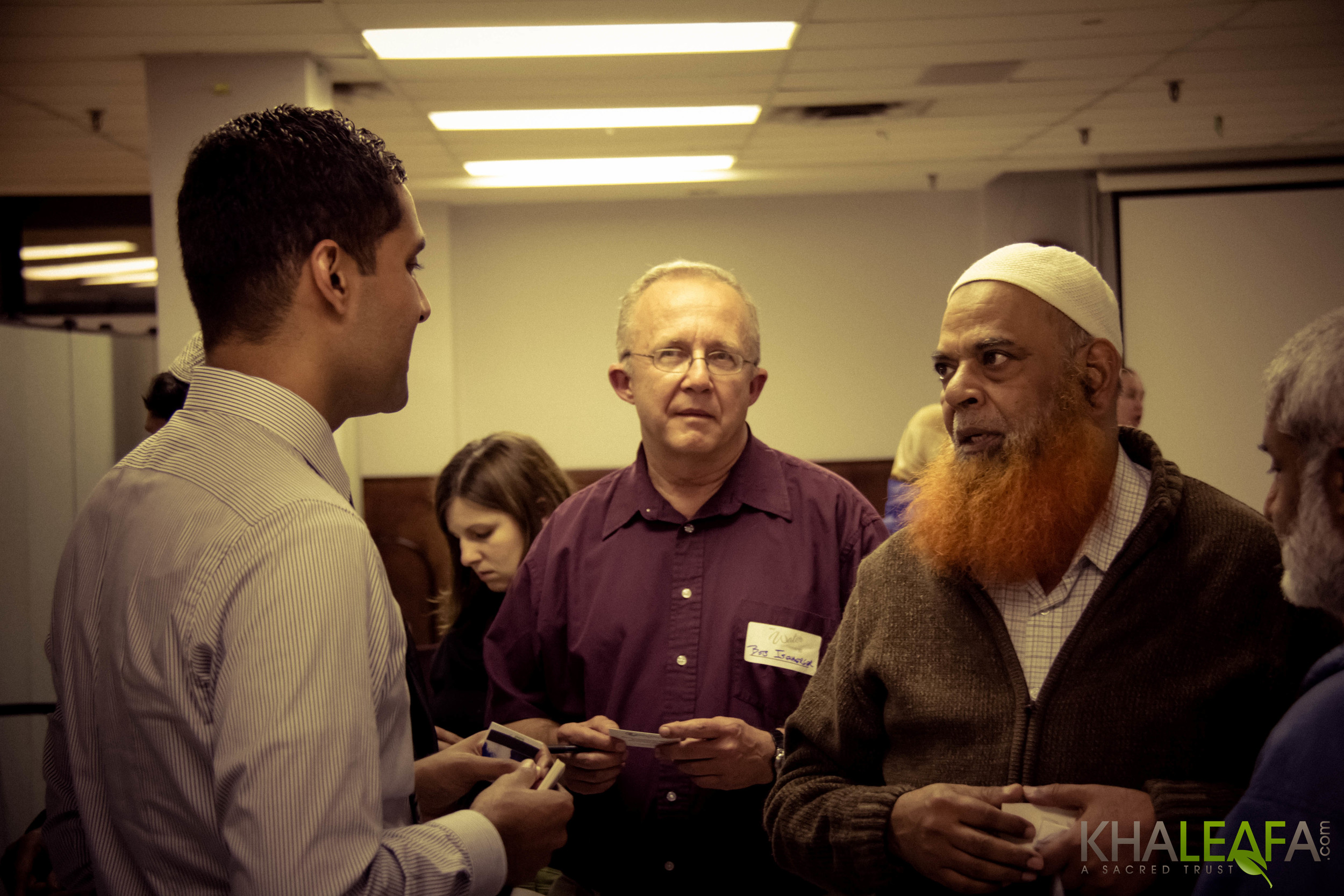The COVID-19 pandemic has challenged the social fabric of our communities by exposing how some of the most important members of our community, for example the working poor and elderly, are disproportionately affected and made vulnerable by the pandemic’s effects. However, throughout this challenging time, we have also seen how the strength of our faith communities has brought hope and relief to those most impacted by this virus. Faith leaders and faith communities are playing a crucial role in providing essential services to people in terms of food, shelter, medical supplies, companionship and counselling during the COVID-19 pandemic.
Climate change, brought about by the warming of our planet through the accumulation of greenhouse gasses (GHGs), is another serious challenge faced by society in which our faith communities can provide leadership and service to its communities. While, for many, faith organizations do not immediately come to mind as leaders of environmental sustainability, there are lessons that can be learned from spiritual teachings.
For example, in Islam the concept of “mizan” speaks to the importance of balance in one’s life, spiritually and in one’s relationships with others. The concept can be extended to include ecological balance and the importance of being good environmental stewards by protecting one of God’s most valuable gifts to man, our home, the Earth. As well, the Quran (21:32) states the following: "And We made the sky a protected ceiling, but they, from its signs, are turning away."
In 2015, Islamic leaders, senior international development policy makers, and academics signaled to Muslims in their Islamic Declaration on Climate Change the importance of not turning away from our need to help the planet. These Islamic leaders and thinkers encouraged an active role in combatting climate change and working together towards reducing GHG emissions in order to create a climate resilient future.
Faith & the Common Good (FCG) is an organization that has heeded this call through its Greening Sacred Spaces (GSS) program. This long running program is designed to assist faith communities of all backgrounds with both the educational and spiritual dimensions of “greening” in the spaces used by the faithful for worship.
In 2019 Greening Sacred Spaces launched its Energy Benchmarking Program (EBP) in Ottawa. The EBP is designed to help communities play a role in mitigating climate change by encouraging practical and cost-effective activities that can be implemented by faith leaders and the faithful. This includes raising awareness of the harm caused by damaging our “protective ceiling” and by taking pragmatic steps such as examining the carbon footprint of our shared places of worship and implementing energy saving practices.
Understanding your current energy use is the first step in reducing it — you can’t manage your energy use if you don’t measure what your use is in the first place. Greening Sacred Spaces Ottawa is seeking participants for a free Energy Benchmarking program fully funded by the Ontario Trillium Foundation, City of Ottawa and Sustainable Capacity Foundation to help faith communities lower and track their energy use and emissions.
Energy benchmarking refers to the process of measuring a building’s energy performance against its past performance and other similar buildings. Because buildings typically account for 42% of a faith community’s carbon footprint, understanding your energy consumption is a vital first step to creating a greener, more sustainable community. Benchmarking provides information that enables you to more accurately assess the effectiveness of your energy-saving measures and better plan for future projects. In addition, it supports financial stewardship: benchmarked buildings on average reduce usage by 2.4% annually.
The Energy Benchmarking Program (EBP) was first launched as a pilot in Toronto in 2017 and has since successfully reached over a hundred GTA communities. Toronto area mosques have already seen benefits from participating, including Masjid Toronto. Thornhill's Jaffari Islamic Centre participated in the EBP as part of York Region. In 2019, the Jaffari Community Centre was presented with Faith and the Common Good's York Region Sustainability Award which is given to a faith-community in York Region in recognition of notable efforts to embed environmental sustainability actions within their community. Both mosques represent are good examples green-minded communities hoping to do their part to invest cost savings back into the communities, as well as participate in protecting the Earth.
In Ottawa, a total of 50 faith communities will receive an annual benchmarking reports. Data is compiled using the Energy Star Portfolio Manager® online tool – the same program used by Natural Resources Canada – to create a baseline report that shows your faith community how much money your energy use has cost for your building and information about your greenhouse gas emissions. What you choose to do with these reports is up to your faith community, however we are also here to answer any questions or concerns that the energy reports raise and link you to evidence based information on what your next steps might be.
In this respect the EBP program also provides participants with additional resources including energy-efficiency tools, links to energy audit funding, information on energy-saving incentives, and educational workshops. Our objective is to work closely alongside communities in identifying means of decreasing energy consumption.
To find out more about the EBP or to sign up your faith organization, visit https://www.faithcommongood.org/energy_benchmarking or contact Dr. Ruth Bankey at rbankey@faithcommongood.org or Emine Turgut at gssenergyy@faithcommongood.org.
This piece was originally published on Muslim Link on September 8th 2020.









